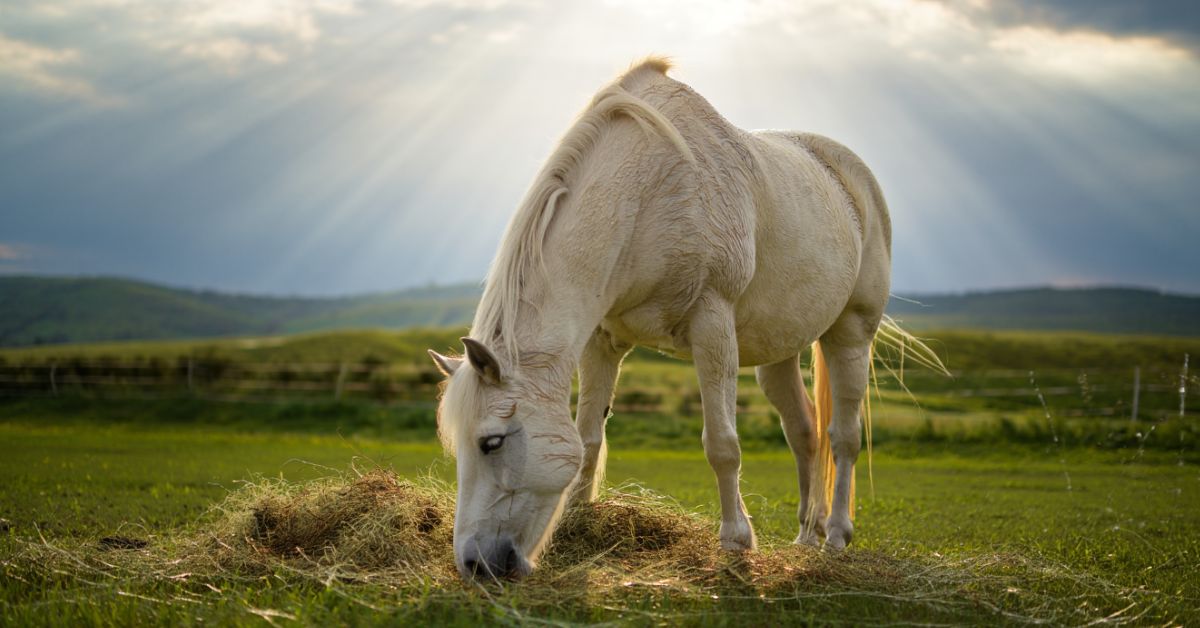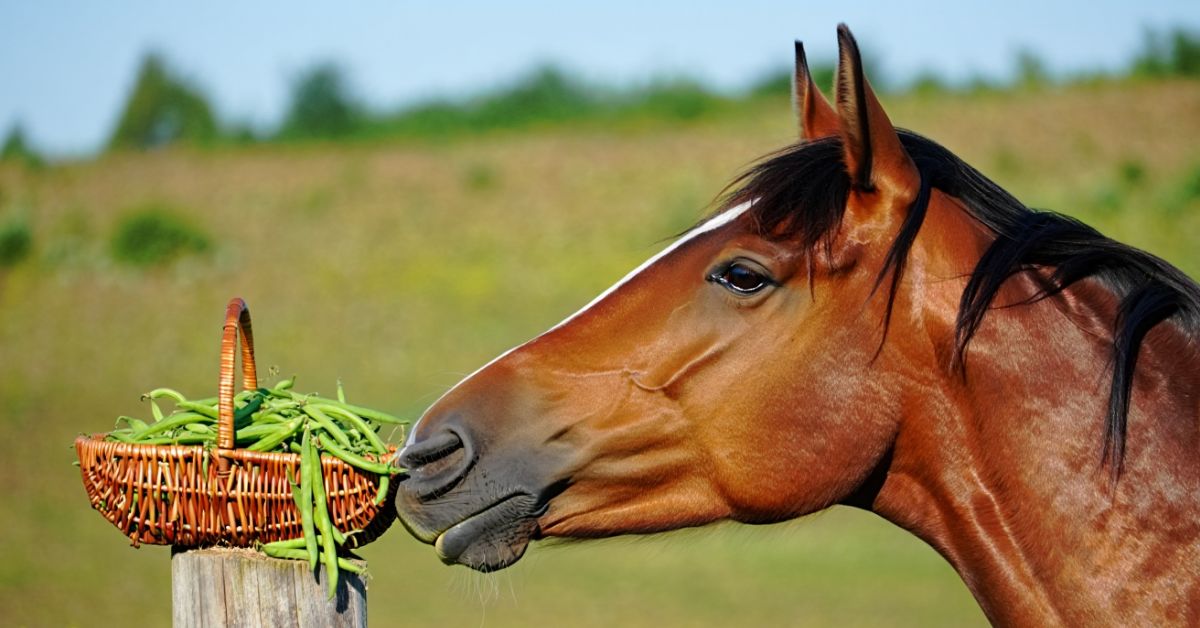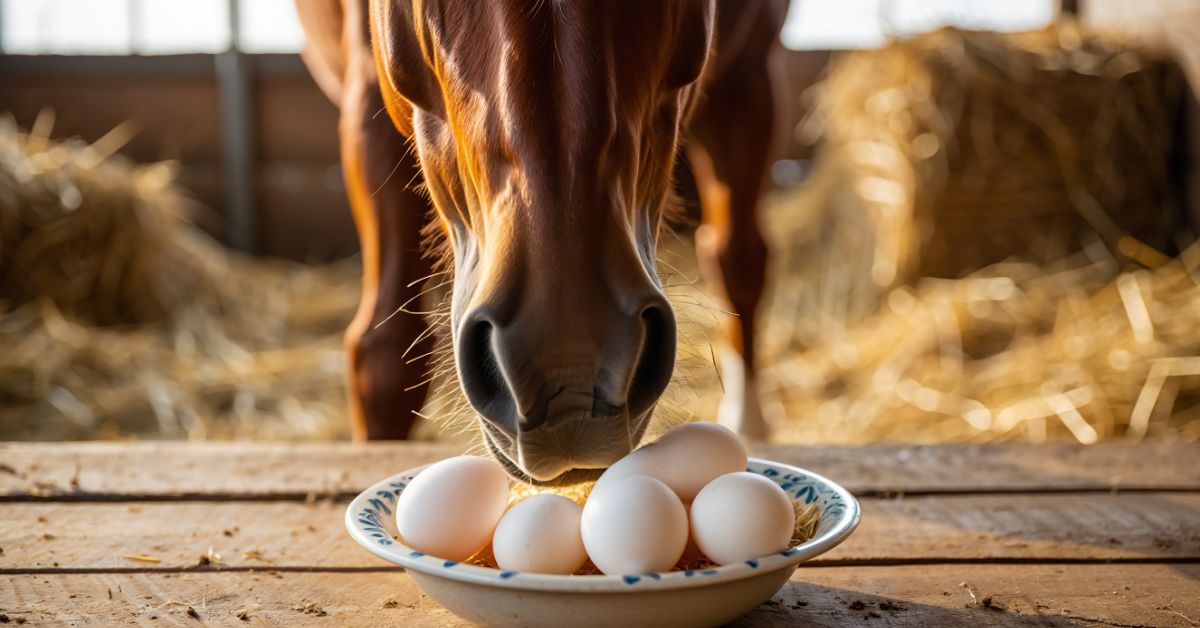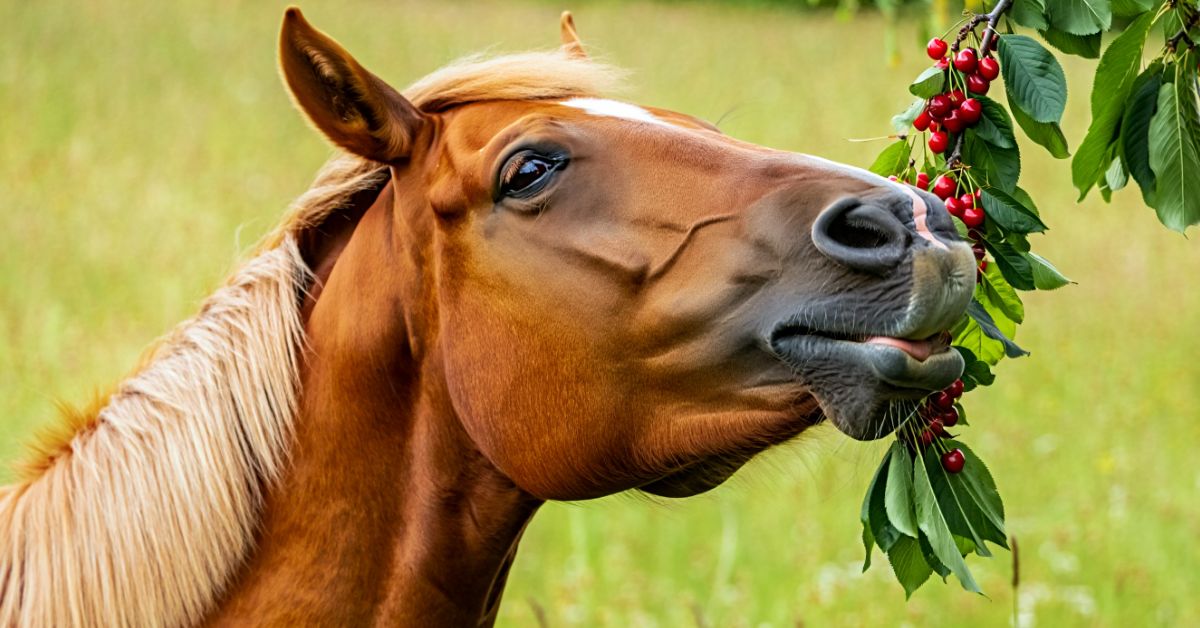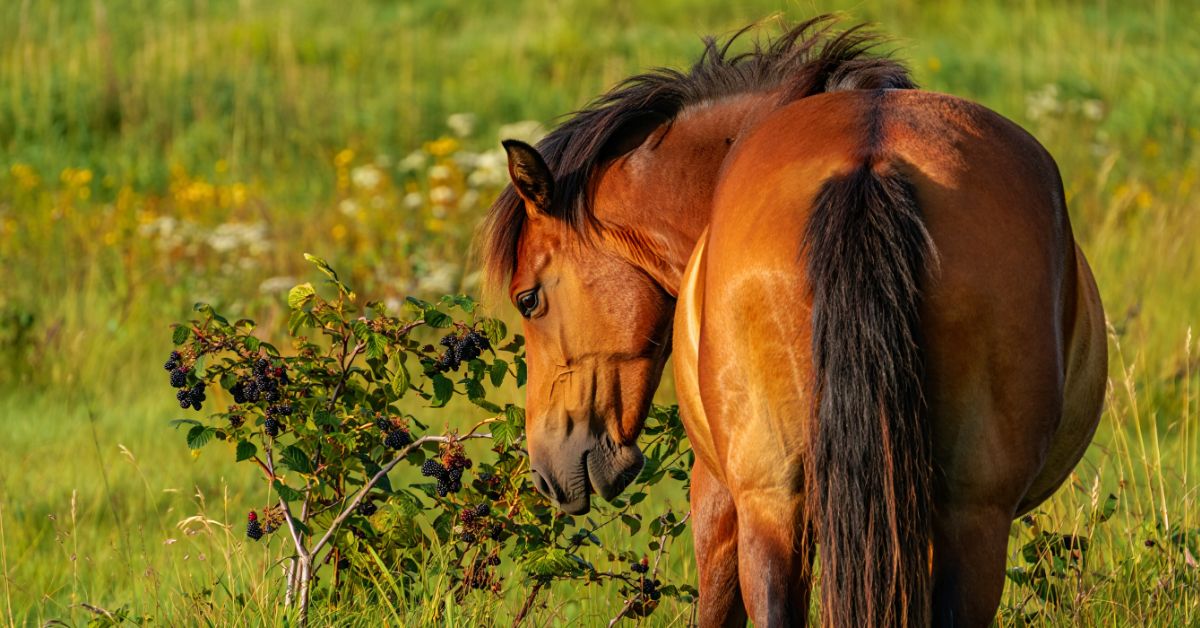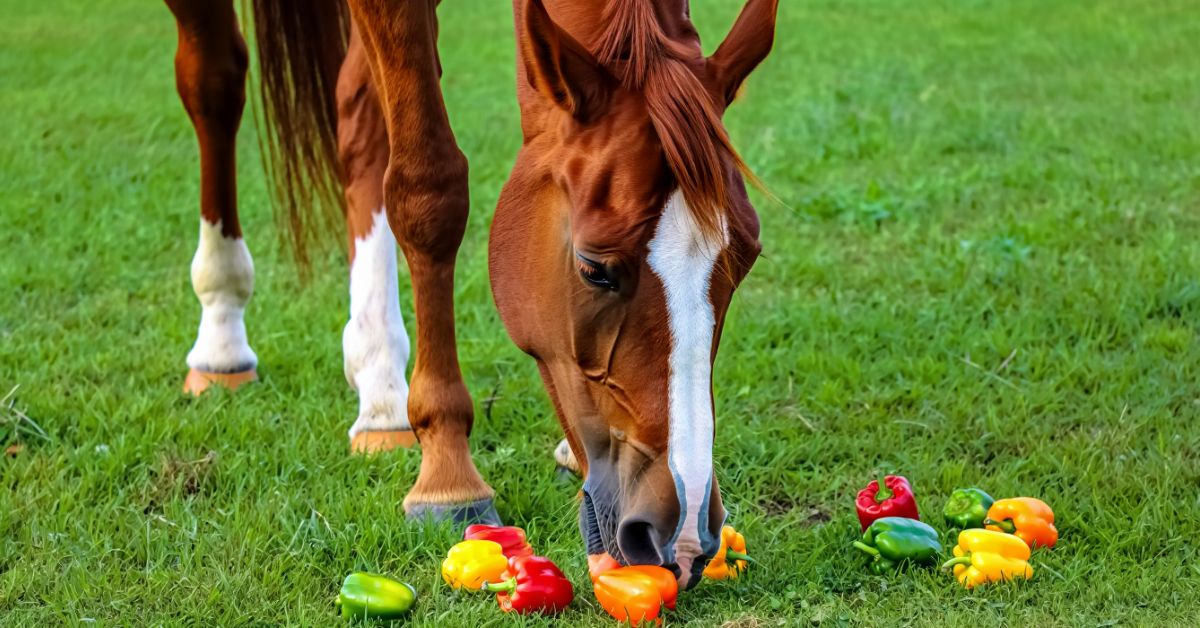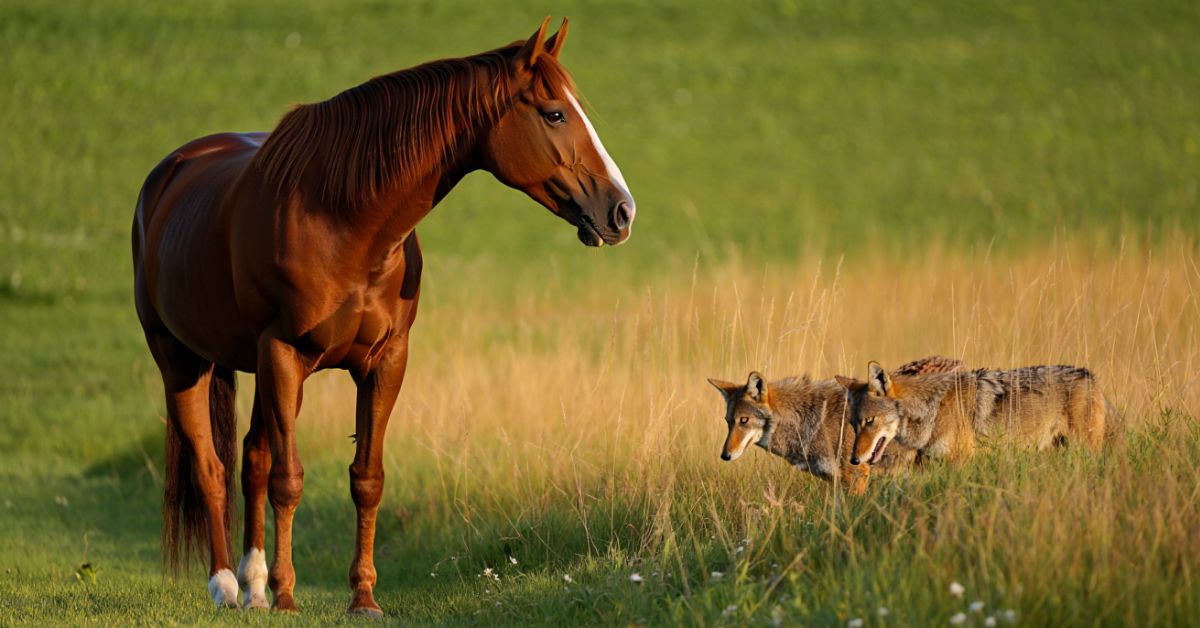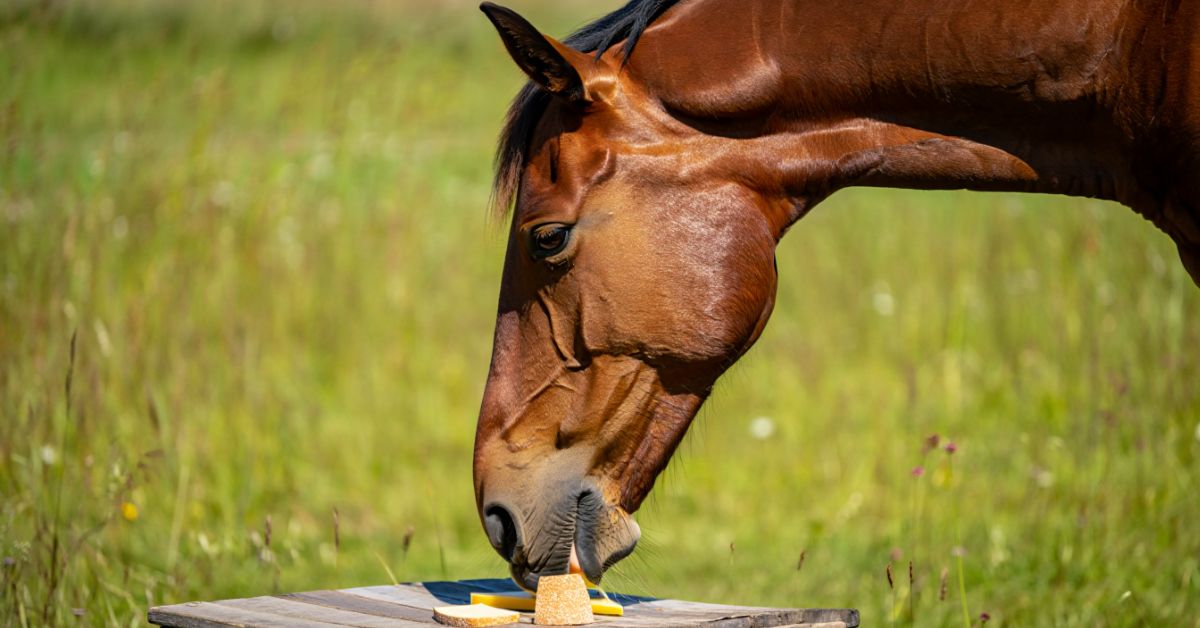
Can Horses Eat Cheese? The Complete Safety Guide for Horse Owners
Can horses eat cheese? Absolutely not. While it might seem like a harmless treat, cheese poses serious health risks to your beloved horse. Here's why this seemingly innocent snack should never make it into your horse's feed bucket.
Before you share your cheese platter with your four-legged friend, you need to understand the science behind their unique digestive system and why dairy products spell trouble for equines.
In this guide, you'll discover exactly why horses cannot eat cheese, what happens if they do, the specific dangers of lactose intolerance in horses, and – most importantly – what safe alternatives you can offer instead.
Let's dive into the facts that every responsible horse owner needs to know. ✨
Why Horses Cannot Digest Cheese: The Science Behind It
The Lactose Intolerance Problem 🧬
Here's the fundamental issue: adult horses are lactose intolerant, meaning they lack sufficient lactase enzyme to break down lactose, the sugar found in all dairy products.
Think about it this way. While foals produce lactase to digest their mother's milk, this enzyme production dramatically decreases as horses mature. By the time they reach adulthood, their bodies simply aren't equipped to process lactose anymore.
Unlike humans who may retain some lactase production, adult horses no longer produce enough of this crucial enzyme. This makes cheese, along with milk, yogurt, and all dairy products, fundamentally incompatible with equine nutrition.
The horse's digestive system is a marvel of evolution – perfectly designed for processing forage, grass, and hay. But it's also remarkably sensitive. When you introduce something it can't process, like cheese, the consequences can be swift and uncomfortable.
Understanding Your Horse's Fragile Digestive System 💡
The equine digestive system operates differently from ours. Horses are non-ruminant herbivores with a complex hindgut fermentation process. Their intestinal tract is designed for a steady intake of high-fiber plant material.
Even though horses have well-developed digestive systems and large organs, they are actually very picky when it comes to what they can safely process.
Here's what makes their system so delicate:
Their stomach is relatively small compared to their body size, holding only about 2-4 gallons. They cannot vomit or burp to expel problem foods. Their intestinal bacteria are specifically adapted to fermenting plant material, not processing dairy fats and proteins.
When you introduce cheese into this finely-tuned system, you're essentially throwing a wrench into the works. The undigested lactose travels through the digestive tract, causing fermentation issues and disrupting the beneficial gut bacteria your horse needs to stay healthy.
What Happens If a Horse Eats Cheese? Real Health Risks ⚠️
Immediate Symptoms and Digestive Upset
Let me be clear: feeding cheese to horses isn't just inadvisable – it can cause genuine suffering. When horses consume dairy products like cheese, they experience digestive pain and discomfort similar to what lactose-intolerant people experience.
The symptoms typically include:
Diarrhea – often the first and most obvious sign Bloating and abdominal distension General malaise and discomfort Reduced appetite Restlessness or signs of gastrointestinal pain
One critical thing to understand about horses is that when they experience digestive upset, they cannot vomit to eliminate whatever is making them sick. This means they suffer through these symptoms much longer than other animals would.
I've seen horses go from their normal, cheerful selves to visibly uncomfortable within hours of consuming dairy. It's heartbreaking and entirely preventable.
The Serious Threat of Colic 🚨
Colic is every horse owner's nightmare, and cheese is a known culprit. Cheese is a very common cause of colic in horses, which can range from mild discomfort to life-threatening emergencies.
Colic isn't just a stomach ache – it's a term for abdominal pain that can stem from various digestive problems. When lactose sits undigested in your horse's gut, it creates excessive gas through fermentation. This gas buildup causes painful spasms and intestinal distress.
In severe cases, colic can lead to:
Twisted intestines (torsion) Impaction requiring veterinary intervention Life-threatening situations requiring surgery
If your horse accidentally ingests cheese and shows signs of colic – pawing at the ground, lying down repeatedly, looking at their sides, decreased gut sounds – call your veterinarian immediately. Don't wait to see if symptoms improve on their own.
Time is critical when dealing with potential colic.
Common Misconceptions About Horses and Dairy Products
"But Young Horses Can Handle It, Right?"
There's some truth to the idea that younger horses process certain foods differently. Young horses can hydrolyze sucrose and maltose more easily than adults, giving them slightly better digestive capabilities for some compounds.
However, this doesn't make cheese safe for foals or young horses. While they might experience slightly less severe symptoms than adult horses, dairy products still aren't part of their natural diet and can cause digestive problems.
The situation becomes even more serious for horses above three years old, where even the smallest amount of lactose can cause serious health problems.
"What About Just a Small Piece?"
Some horse owners wonder if a tiny amount could be okay as an occasional treat. The answer is still no. Here's why:
Even small quantities of cheese introduce lactose that your horse cannot process. The risk simply isn't worth it when there are so many safe alternatives. Horses might actually eat cheese if offered, but this doesn't mean it's good for them.
Horses will eat cheese if served to them, but once the problems kick in, they might avoid it in future meals.
Your horse trusts you to make smart choices about their diet. Don't let curiosity or the desire to share your food compromise their health and wellbeing.
Safe and Healthy Treat Alternatives Your Horse Will Love 🥕
The Best Horse-Approved Snacks
Now for the good news – your horse doesn't have to miss out on treats! There are plenty of delicious, nutritious options that are perfectly safe for equine consumption.
Top Fruit Treats: Apples (sliced, never whole to prevent choking) Carrots – the classic horse favorite and packed with beta-carotene Bananas in moderation (high in potassium) Watermelon (seeds removed) Berries like strawberries and blueberries
Vegetable Options: Celery sticks (great for hydration) Lettuce Green beans Pumpkin (in small amounts)
Other Safe Treats: Sugar cubes (sparingly) Peppermints designed for horses Commercial horse treats Small amounts of natural peanut butter (no xylitol!)
Always remember: treats should make up less than 10% of your horse's daily diet. Cut everything into bite-sized pieces to prevent choking hazards.
What About Other Dairy Products? The Complete No-List
If cheese is off the table, what about other dairy products? The answer is simple: all dairy is problematic for horses.
Avoid These Completely: Milk Yogurt Ice cream Butter Cream Ricotta and all types of cheese
All dairy products contain lactose, and since adult horses lack the enzyme lactase needed for digestion, feeding any of these can cause diarrhea, bloating, and digestive upset.
The lactose intolerance issue affects all dairy products equally, regardless of whether they're soft cheese like brie or hard cheese like cheddar.
Other Dangerous Foods to Keep Away From Your Horse
The Toxic Foods List 🛑
While we're on the subject of food safety, let's cover other common items that pose serious health risks to horses:
Chocolate – contains theobromine and caffeine, which are toxic to horses and can cause restlessness, colic, irregular heartbeat, seizures, and even death
Avocados – the pit, skin, and leaves contain persin, a fungicidal toxin harmful to horses
Potatoes and other nightshades – contain solanine, a glycoalkaloid toxin that interferes with the nervous and digestive systems
Cruciferous vegetables (broccoli, cabbage, kale) – cause excessive gas and potential colic
Fresh grass clippings – can rapidly ferment in the large colon and cecum, leading to hindgut acidosis and potentially causing laminitis
Bread products – not toxic but nutritionally empty and can cause blockages
Recognizing Food Toxicity in Your Horse
If you suspect your horse has eaten something dangerous, watch for these warning signs:
Changes in behavior or energy levels Diarrhea or unusual manure Signs of abdominal pain (colic symptoms) Excessive sweating Increased heart rate or respiratory distress Muscle tremors or coordination problems
When in doubt, contact your veterinarian. It's always better to err on the side of caution with your horse's health. Keep their number saved in your phone and don't hesitate to call if something seems off.
Building a Proper Equine Diet: The Foundation of Horse Health 🌾
What Should Horses Actually Eat?
Let's get back to basics. A healthy horse diet centers around high-quality forage – and lots of it.
The Core Components: Hay or grass – should make up 1.5-2% of body weight daily Fresh, clean water available at all times Quality horse feed formulated for their age and activity level A salt or mineral block for essential nutrients Appropriate supplements as recommended by your vet
Horses are adapted to a diet primarily based on forages and roughage, with digestive systems designed for processing high-roughage feeds.
This simple, plant-based diet is what horses have evolved to thrive on over millions of years. Everything else – including treats – should be considered extras.
Consulting Equine Nutrition Experts
Every horse is unique. Some have metabolic conditions, dietary restrictions, or special needs that require customized nutrition plans.
If you're unsure about: Whether a specific food is safe The right balance of nutrition for your horse's needs Supplements or dietary changes Managing conditions like metabolic syndrome
Don't hesitate to consult with: Your veterinarian – always your first resource An equine nutritionist Experienced trainers or barn managers
Professional veterinary advice is invaluable for maintaining your horse's optimal health. They can provide guidance tailored to your specific horse's age, breed, activity level, and health status.
FAQ: Can Horses Eat Cheese and Dairy Products? 🙋
Q: Can horses eat cheese in very small amounts? No, even small amounts of cheese can cause digestive problems due to horses' lactose intolerance. The risk of diarrhea, bloating, and colic isn't worth it, regardless of quantity.
Q: Why can foals drink milk but adult horses can't eat cheese? Foals produce the enzyme lactase to digest their mother's milk during nursing. As they mature and are weaned, this enzyme production decreases dramatically. By adulthood, horses lack sufficient lactase to process dairy products like cheese.
Q: What should I do if my horse accidentally eats cheese? Monitor them closely for signs of digestive upset including diarrhea, bloating, or colic symptoms. Ensure they have access to fresh water. If they show any signs of discomfort or gastrointestinal distress, contact your veterinarian immediately. Don't wait to see if symptoms resolve on their own.
Q: Are all types of cheese equally dangerous for horses? Yes. Whether it's soft cheese like ricotta, hard cheese like cheddar, or aged varieties, all cheese contains lactose. The fundamental issue is horses' inability to digest this sugar, making all dairy products problematic regardless of type or processing method.
Q: Can horses eat other dairy products like yogurt or milk? No. Horses should avoid all dairy products including milk, yogurt, ice cream, butter, and cream. All contain lactose that their digestive systems cannot properly process, leading to similar health risks as cheese.
Conclusion: Keeping Your Horse Healthy and Happy 🐎
Let's wrap this up with the most important takeaway: cheese and your horse should never mix. The risks – from uncomfortable digestive upset to serious colic – far outweigh any potential enjoyment.
Your horse's health depends on understanding their unique nutritional needs and respecting the limitations of their digestive system. Lactose intolerance isn't a minor inconvenience for horses; it's a fundamental aspect of their biology that we must honor as responsible owners.
The good news? There are countless safe, healthy treats that your horse will genuinely enjoy. From crunchy carrots to sweet apple slices, you have plenty of options to spoil your equine companion without compromising their wellbeing.
Remember these key points: All adult horses are lactose intolerant Cheese can cause diarrhea, bloating, and colic Even small amounts pose unnecessary health risks Many safe treat alternatives exist When in doubt, consult your veterinarian
Your horse trusts you to make informed decisions about their care. By understanding why dairy products are dangerous and choosing appropriate alternatives, you're being the responsible horse owner your companion deserves.
Your Turn! Share Your Experience 👇
Have you encountered other surprising foods that turned out to be dangerous for horses? What are your horse's favorite safe treats? Share your stories and tips in the comments below – your experience could help other horse owners keep their companions safe!
Want to learn more about optimal equine nutrition? Check out our comprehensive guide on "Building the Perfect Horse Diet: From Forage to Supplements" for everything you need to know about feeding your horse right.
Never miss our expert horse care advice! Subscribe to the Dream Horse newsletter and get weekly tips, product recommendations, and exclusive insights delivered straight to your inbox. Join our community of passionate horse lovers today! ✨
